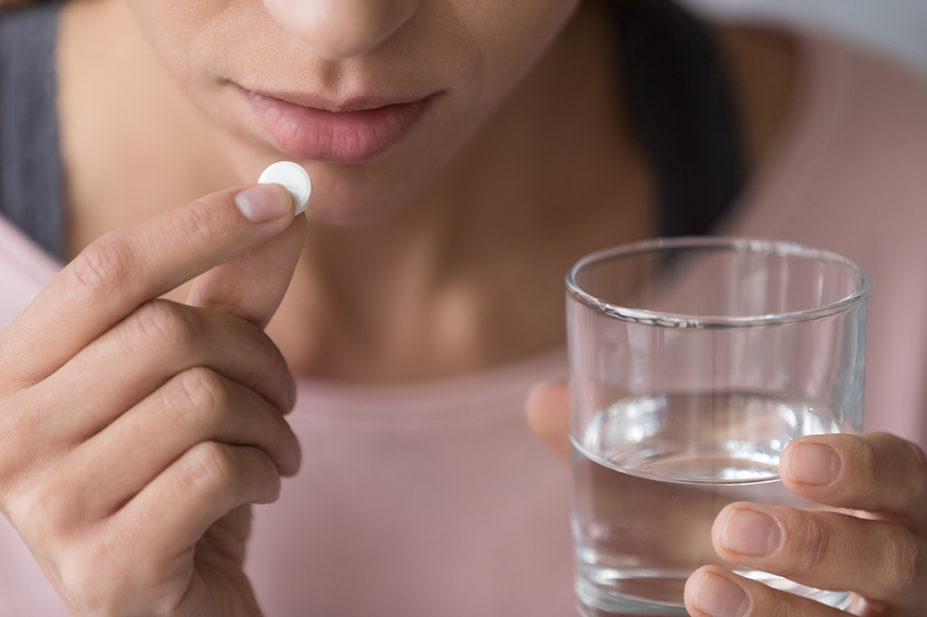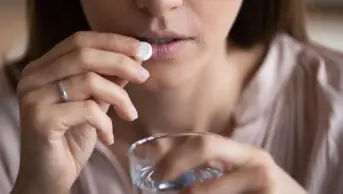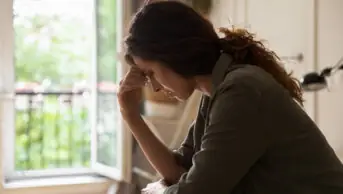
Shutterstock.com
The largest trial to date of the psychedelic drug psilocybin has shown that, alongside psychological support, a single 25mg dose may improve the symptoms of treatment-resistant depression.
The phase II study, published in the New England Journal of Medicine on 3 November 2022, was conducted across 22 sites in 10 countries, including the UK, between 1 March 2019 and 27 September 2021.
In total, 233 participants with treatment-resistant depression, who had not responded to two to four adequate treatment trials, were allocated at random to receive a single dose of either 25mg, 10mg or 1mg dose of COMP360 — a pharmaceutical-grade synthetic psilocybin formulation — alongside psychological support.
The primary endpoint was the change in the patients’ total score from baseline to week three on the Montgomery-Åsberg Depression Rating Scale (MADRS); a scale ranging from 0–60, with higher scores indicating more severe depression, although patients were observed over 12 weeks of follow-up. The mean MADRS total score at baseline was 32 or 33 in each group.
After three weeks, the researchers found that the mean change in the score from baseline was −12.0 for the 25mg group, −7.9 for the 10mg group, and −5.4 for the 1mg group. There was a significant difference between the 25mg and 1mg groups at −6.6, but no significant difference between the 10mg and 1mg groups, at –2.5.
In the 25mg group, the secondary endpoints of response (≥50% decrease from baseline in the MADRS
total score) and remission ((MADRS total score ≤10) at three weeks were generally supportive of the primary results. However, the response was not sustained at 12 weeks.
In addition, some participants had suicidal ideation or ‘self-injurious’ behaviour, and the proportions of these participants were numerically higher in the 25mg and 10mg groups than in the 1mg group.
“In this trial of psilocybin administered in a single session with psychological support, a 25mg dose but not a 10mg dose resulted in a significantly greater reduction (improvement) in MADRS total scores than a 1mg dose at 3 weeks in participants with treatment-resistant depression but was associated with adverse events,” the authors concluded.
They said that “longer and larger trials”, including a comparison with existing treatments for depression, were required to determine the efficacy and safety of psilocybin for treatment-resistant depression.
Commenting on the study, Anthony Cleare, professor of psychopharmacology at King’s College London, said: “This is the largest study to date on the use of psilocybin for treatment-resistant depression.
“Given that patients had not responded to between two and four other treatments, it is a very encouraging finding that nearly four in ten showed a clear response to a single dose of psilocybin.
“It is also notable how rapid in onset the treatment effects were, with the maximum effect seen the day after receiving the treatment. This contrasts with standard antidepressants, which take several weeks to reach maximum effect.”
Cleare said there were “several issues” that needed further study before psilocybin could become a part of regular clinical practice.
“The effects did start to wear off by three months, and we need to know how best to prevent the depression returning. This might involve adding in other treatments, such as psychological therapies, or repeating the psilocybin treatment periodically.”
Andrew McIntosh, head of division of psychiatry at the University of Edinburgh, said the trial was “the strongest evidence so far” to suggest that further, larger and longer randomised trials of psychedelics are justified and that psilocybin may one day provide a potential alternative to antidepressants.
He said: “The study appears well-conducted and suggests that, three weeks after people were given a single 25mg dose of psilocybin, they had lower levels of depressive symptoms than people treated with lower doses.”
However, McIntosh added: “Participants were not asked if they could guess whether they were in the arm of the study that received a higher dose of the psychedelic. This is important, because psilocybin is associated with euphoria and changes in perception that may reveal that they are in a higher dose or ‘more active’ treatment arm.”


